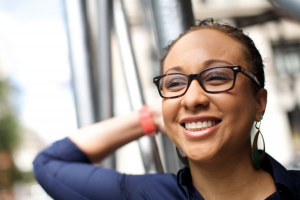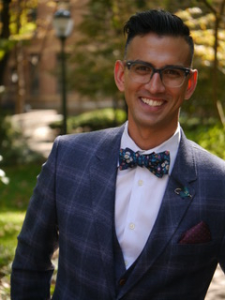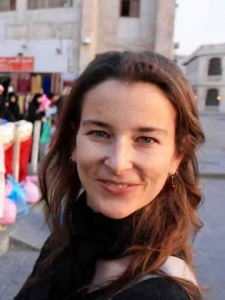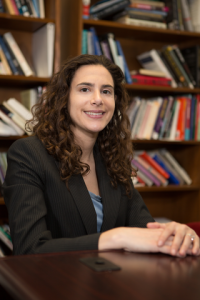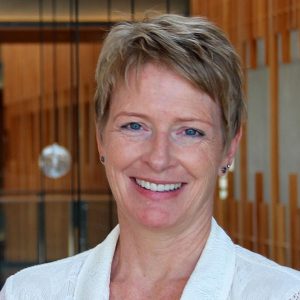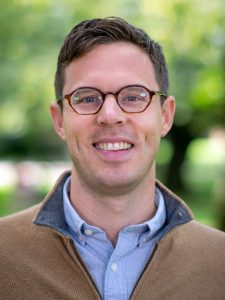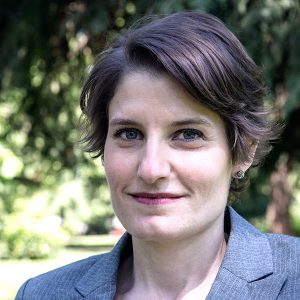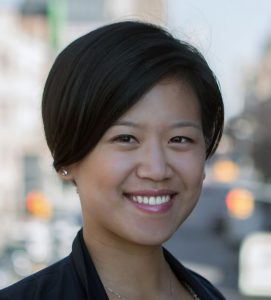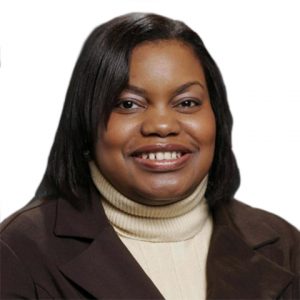Stacy-Marie Ishmael, Knight Fellow, Former Managing Editor for Mobile, BuzzFeed News
The “Flattening” of News and Its Consequences for Trust (Or, How Designers and Developers Have Made It Harder to Tell Real from Fake)
Wednesday, May 3, 4:30–5:30 p.m., Allen 141
Stacy-Marie Ishmael is a John S. Knight Fellow at Stanford University. She will be spending the 2016–17 academic year researching the challenges newsrooms face in adapting to the rise of the mobile-only audience. Prior to this fellowship, she was the managing editor of mobile news for BuzzFeed News, running the BuzzFeed News app and morning newsletter, and overseeing a team of news editors in New York, Los Angeles, and London.
Before joining BuzzFeed News, she was the vice president of communities at the Financial Times, where she led a team responsible for growing engagement and deepening the publication’s relationship with its global audiences. Her previous roles at the FT included FT Alphaville New York bureau chief and co-founder and editor of FT Tilt, an online-only emerging markets news service. Ishmael was born and raised in Trinidad, in the Caribbean, and received her undergraduate degree in international relations from the London School of Economics.
Ishmael will also be a 2017 SOJC Journalist in Residence. She will be on campus, meeting with students and faculty Tuesday, May 2, through Thursday, May 4 (lunchtime).
